Prof. Valery Feigin, Director of the National Institute of Stroke and Applied Neuroscience, Auckland University of Technology (New Zealand), who is known as the “father” of stroke prevention, assessed that Vietnam could become the leading stroke treatment center in the region. “I see a bright future for scientific development in Vietnam,” he said.
Professor Valery Feigin - "father" of stroke prevention: "The sky is ahead" for Vietnamese science
Prof. Valery Feigin, Director of the National Institute of Stroke and Applied Neuroscience, Auckland University of Technology (New Zealand), who is known as the “father” of stroke prevention, assessed that Vietnam could become the leading stroke treatment center in the region. “I see a bright future for scientific development in Vietnam,” he said.
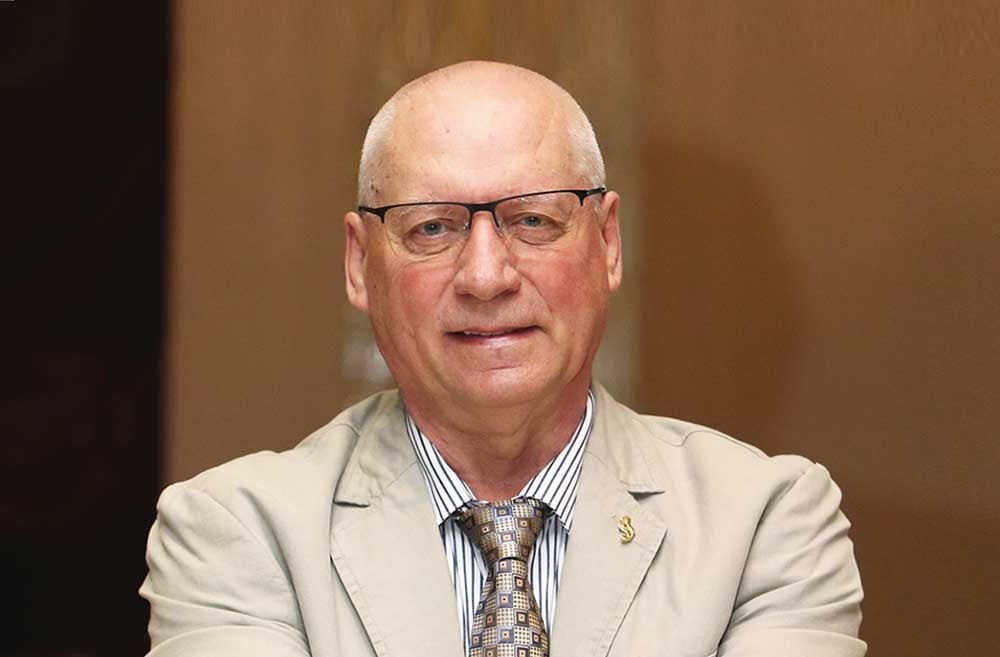 |
| Prof. Valery Feigin, Director of the National Institute of Stroke and Applied Neuroscience, Auckland University of Technology (New Zealand) |
VinFuture causes many memories...
For the first time, Prof. Valery Feigin and his colleague - Balakrishnan Nair, CEO of PreventS-MD Ltd (New Zealand) came to Vietnam to attend the VinFuture Awards 2024, combining a busy work schedule with relevant parties. Although he did not have much time to experience, he was very impressed by the natural beauty and hospitality of Hanoi people.
The hotel he chose to stay at during his stay in Hanoi was the Hotel de l'Opera Hanoi Mgallery located on Trang Tien Street. According to his description, this place is like a luxurious castle in the heart of the crowded old town, with all kinds of noises, such as engines, car horns, footsteps, voices...
Ignoring the noise, he was invited to immerse himself in stories of adventure, romance, history and traditional culture. During his stay, he also got to explore the unique space and a series of exciting 5-star amenities right in the heart of the Old Quarter. The hotel is only a 5-minute walk from the Hanoi Opera House - where the VinFuture Awards Ceremony that he was invited to attend took place.
Prof. Valery Feigin is a professor of neurology and epidemiology, Director of the National Institute of Stroke and Applied Neuroscience, Auckland University of Technology (New Zealand); Associate Professor of the University of Washington (USA); Chairman of PreventS-MD Ltd (New Zealand).
He is the author or co-author of more than 850 scholarly publications (including more than 440 journal articles, including 109 in The Lancet), 12 handbooks, 26 books, and 4 patents. Professor Feigin's erudition in the fields of neurology and epidemiology is recognized worldwide.
“It was a memorable ceremony for the global scientific research community. I think VinFuture is the second most prestigious award in the world, after the Nobel Prize. It is no surprise that some of the winners later became Nobel Prize winners. I see a bright future for the development of science in Vietnam,” said Prof. Feigin.
Within the framework of the VinFuture 2024 Science and Technology Week taking place a few days before the Award Ceremony, each character brought their own strength and story. In the discussion section “Innovations in cardiovascular health care and stroke treatment”, Prof. Feigin was one of the most anticipated characters in the medical research community. However, with humility and ingenuity, he directed all the attention of Vietnamese experts to his colleagues and research team.
Collaboration Plan in Stroke and Digital Health Technology in Vietnam
Coming to Vietnam this time, Prof. Valery Feigin through Auckland University of Technology brings promising projects and initiatives. Among them, the most prominent is a new intervention toolkit that helps reduce stroke by 50%.
It is estimated that if Vietnam applies the project with the toolkit provided by Prof. Feigin's research team nationwide for 5 years, about 100,000 people can avoid stroke and save the country's economy billions of dollars. Not to mention, the expected effect is that it can prevent other major non-communicable diseases that share the same risk factors for stroke, such as dementia, myocardial infarction, diabetes and cancer.
The project that Prof. Feigin's team proposes to implement in Vietnam is similar to those that have been and are being implemented in a number of Asian countries (India, China, Philippines, Thailand) as well as globally. This preventive intervention has been recommended for implementation globally by the World Stroke Organization and the members of the Council of The Lancet Neurology (with more than 200 members representing more than 100 countries).
Vietnam has many factors to become a leading stroke treatment center in the region. Therefore, together with his colleagues, Prof. Feigin has an ambitious plan for long-term cooperation with Vietnamese experts in the field of stroke and digital health technology, including very close cooperation in the stroke prevention project of him and his team.
 The biggest challenge Vietnam is facing in preventing and treating stroke is the increasing prevalence and lack of effective strategies to prevent the disease.
The biggest challenge Vietnam is facing in preventing and treating stroke is the increasing prevalence and lack of effective strategies to prevent the disease. 
- Prof. Valery Feigin
“We believe that our approach to stroke prevention is a game changer in preventing stroke and cardiovascular disease, saving millions of lives around the world,” he said.
Professor Valery Feigin turns 70 this year. Four decades ago, he shifted his focus to stroke research and prevention after witnessing his father die of a stroke. It was a huge shock to him and his family. Professor Feigin's father was a professor at Novosibirsk Medical University (Russia), and passed away at the age of 50 at the peak of his career.
40 years ago, the world had no specific strategies and solutions to prevent stroke risks. At that time, people still thought that strokes happened randomly and could happen to anyone, at any time. But now, this view has changed.
Professor Feigin has helped change that, winning numerous awards for his stroke research. Over the past four decades, his research has helped establish stroke as the second leading cause of death and disability in the world. The research also demonstrates that basic prevention measures are not effective enough, because they often target people at high risk of cardiovascular disease. However, the majority of strokes and heart attacks occur in people at low to moderate risk; 80% of people who have strokes do not have a high risk of cardiovascular disease.
Another big misconception is that strokes only happen to older people. However, Prof. Feigin’s research data shows that more and more people under 65 are having strokes. This is a result of lifestyle factors, so it is possible to control the risk right from awareness.
“Before we have a higher risk of stroke later in life, we have the ability to lower our risk. That’s why young people need to know their stroke risks and can reduce their risk through diet and lifestyle changes,” Feigin stressed.
The free mobile app Stroke Riskometer that Prof. Feigin's team developed provides the perfect interface for communicating health information about stroke, risk factors and how to control them.
“If these risks are not well prevented, there will be a lot of losses for families and society. For example, in Vietnam, the damage caused by stroke can be up to 10 billion USD a year, including emergency, care and recovery costs. However, 70% of that damage comes from loss of ability to work or reduced labor productivity, while many stroke patients are of working age,” Prof. Feigin analyzed.
In addition to the social loss, families of stroke patients also face the pressure of financial costs and psychological and emotional problems. That is why during this trip to Vietnam, he and his colleagues discussed in detail with the Ministry of Health to reduce those costs. It is estimated that the reduction could be up to 2 - 3 billion USD if Vietnam can implement a prevention program.
“Gain momentum” for the next steps
Born and raised in the Siberian city of Novosibirsk, near Russia’s border with Kazakhstan and Mongolia, Valery Feigin chose to pursue a career in medicine, following in his father’s footsteps. Always fascinated by the brain, he briefly trained in psychiatry, before deciding to switch to neurology.
After graduating from Novosibirsk State Medical University, Prof. Feigin moved from Moscow to Mayo Clinic (USA) and Erasmus University (Netherlands) for advanced training in neurology and clinical epidemiology research.
After completing his internship in 1985, Prof. Feigin took up a research position at the SB RAMS Institute of Internal Medicine in Novosibirsk and became Head of the Department of Cerebrovascular Diseases. His research was virtually unknown until 1989, when he was invited to chair and speak at the International Stroke Association conference in Kyoto (Japan). Since then, it has been a period of “sublimation” in his life and career.
After attending the VinFuture Awards 2024 in Vietnam and returning home, the expert in the top 1% of most cited scientists in all scientific fields in 2018 (according to Web of Science) is also preparing to end his year-end working period to enjoy the Christmas and New Year holidays with his family. For him, Christmas and New Year are a season full of expectations, with new beginnings, and also give him the opportunity to review his priorities, habits, things he has done, new interests that he wants to explore...
“Curiosity has always been a part of my personality. When I think about what I want to do or who I want to become, I never let who I am hold me back from my potential and ambition. I always embrace and try to express all aspects of who I am,” he said.
The hustle and bustle of life can make people forget to enjoy the precious moments. Professor Feigin always prepares for each trip to bring balance, broaden his vision and create the most unforgettable memories. Each journey to each country will help him love life more and appreciate life more. It is also a way for him to "gain momentum" for further research.
Source: https://baodautu.vn/professor-valery-feigin---the-prisoner-of-prevention-of-dot-storms-in-vietnam-d243726.html














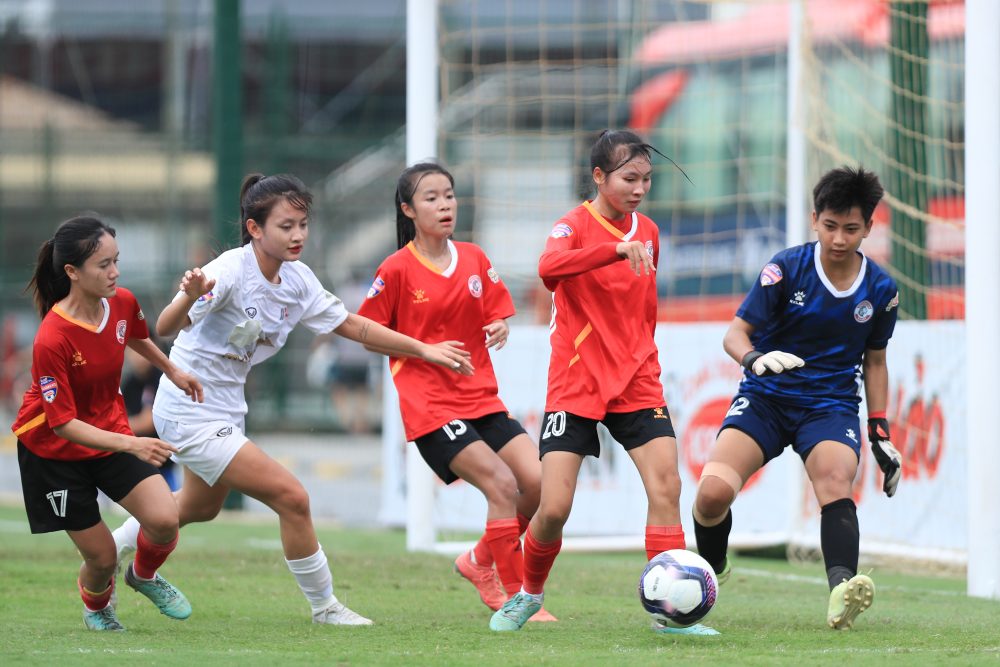


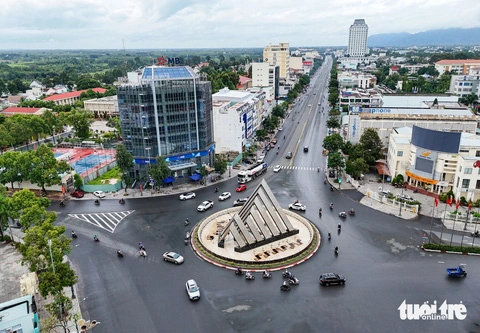

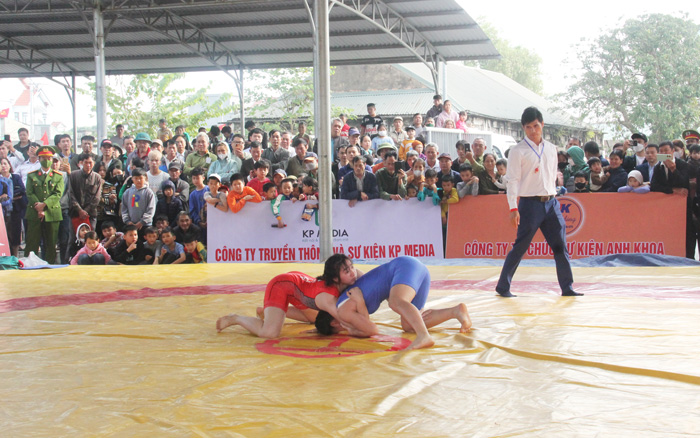







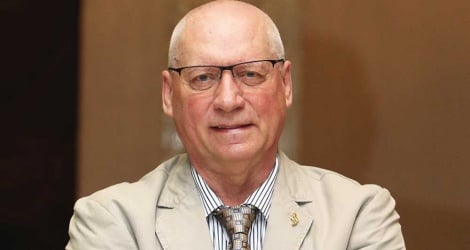
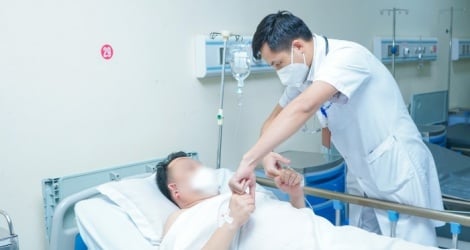


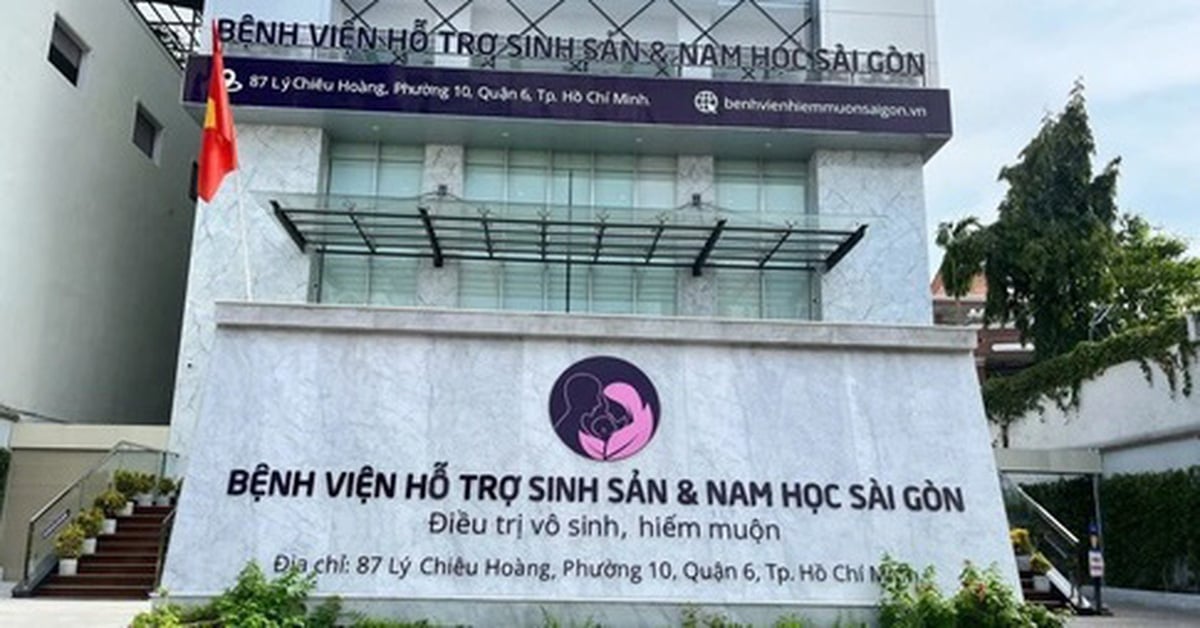


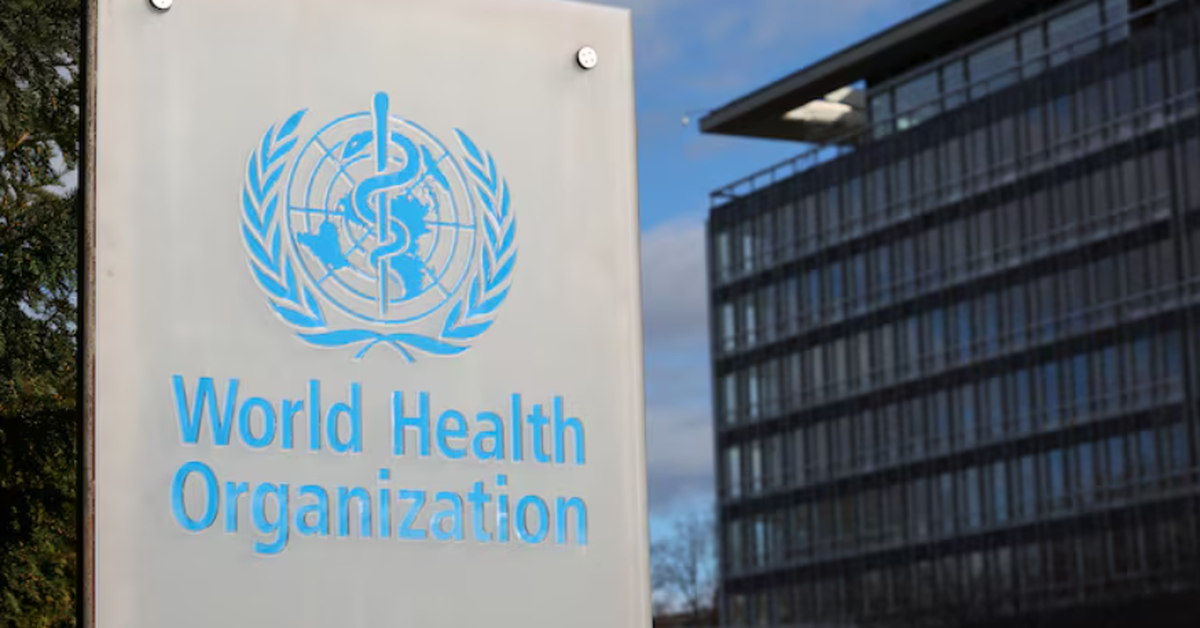
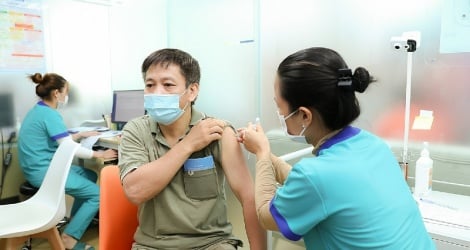
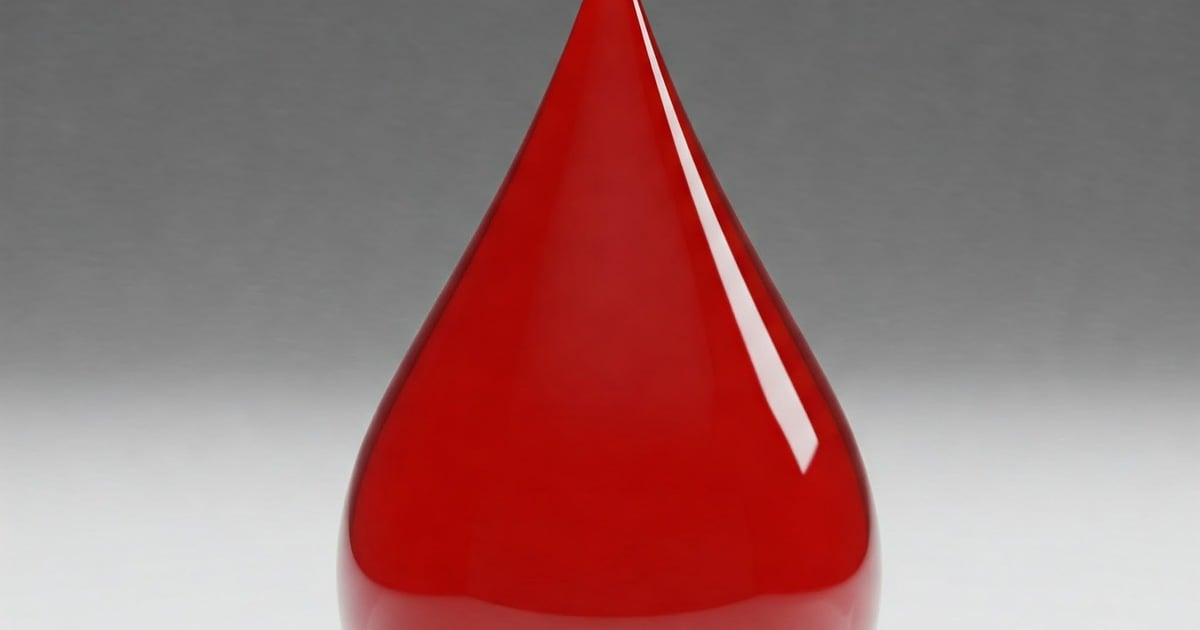


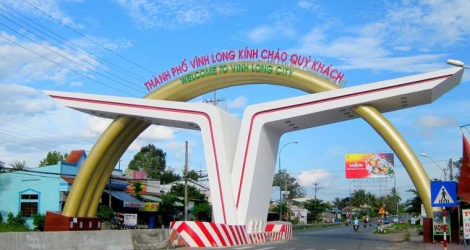
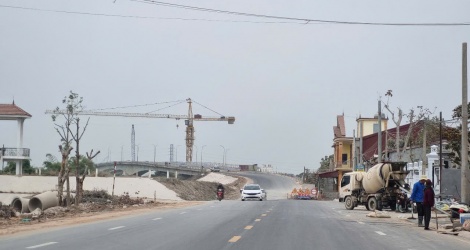
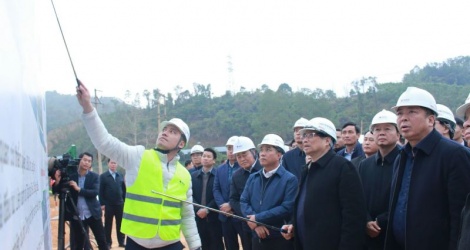
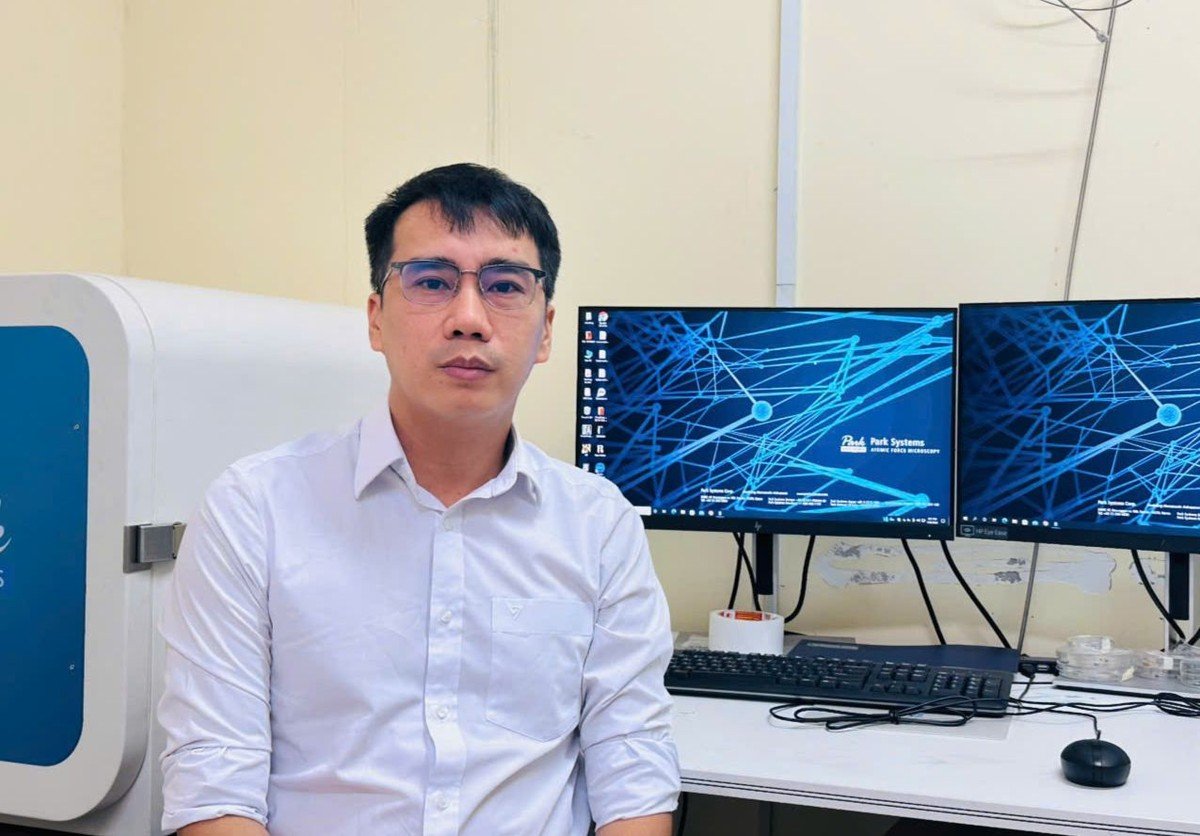

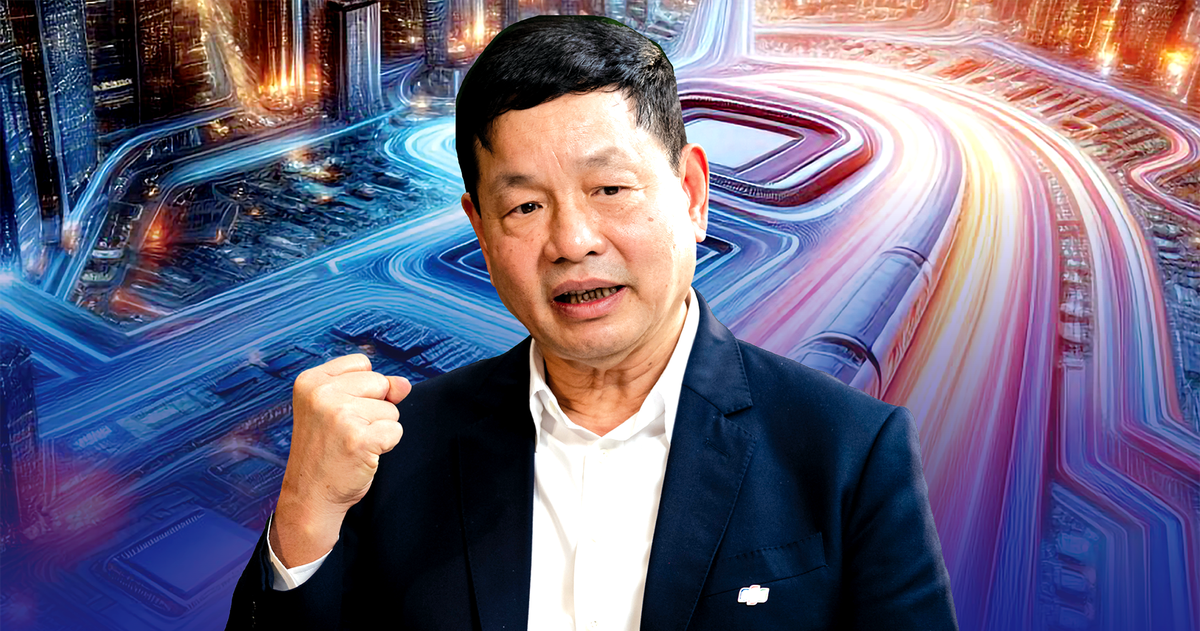
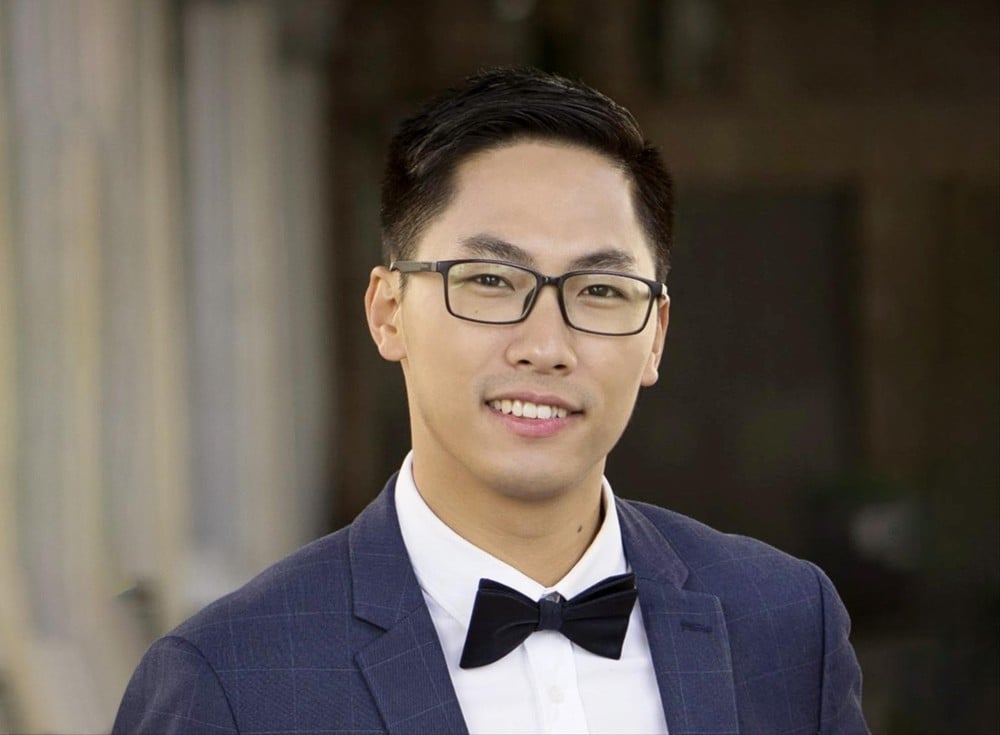
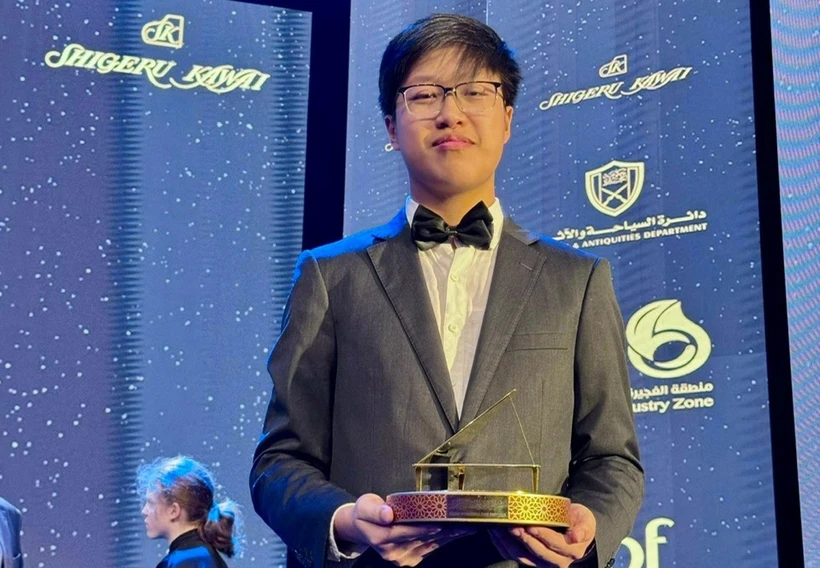

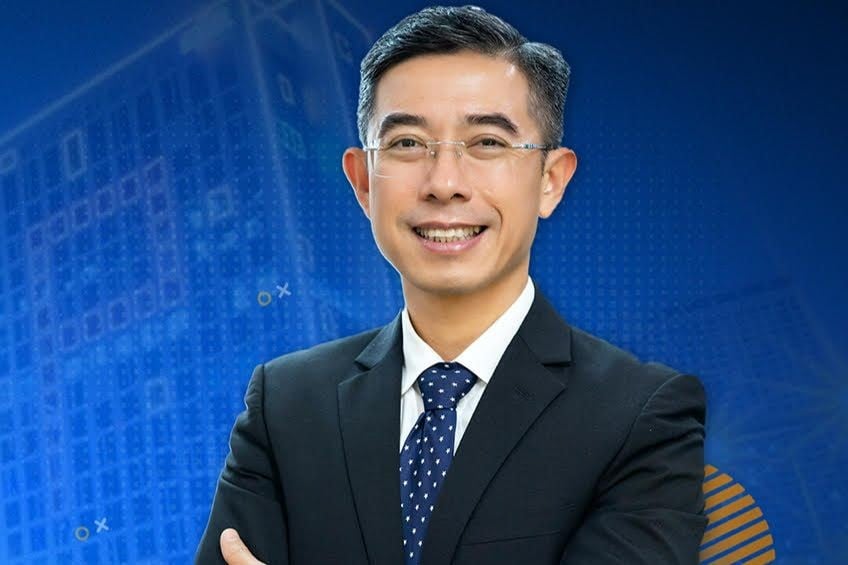

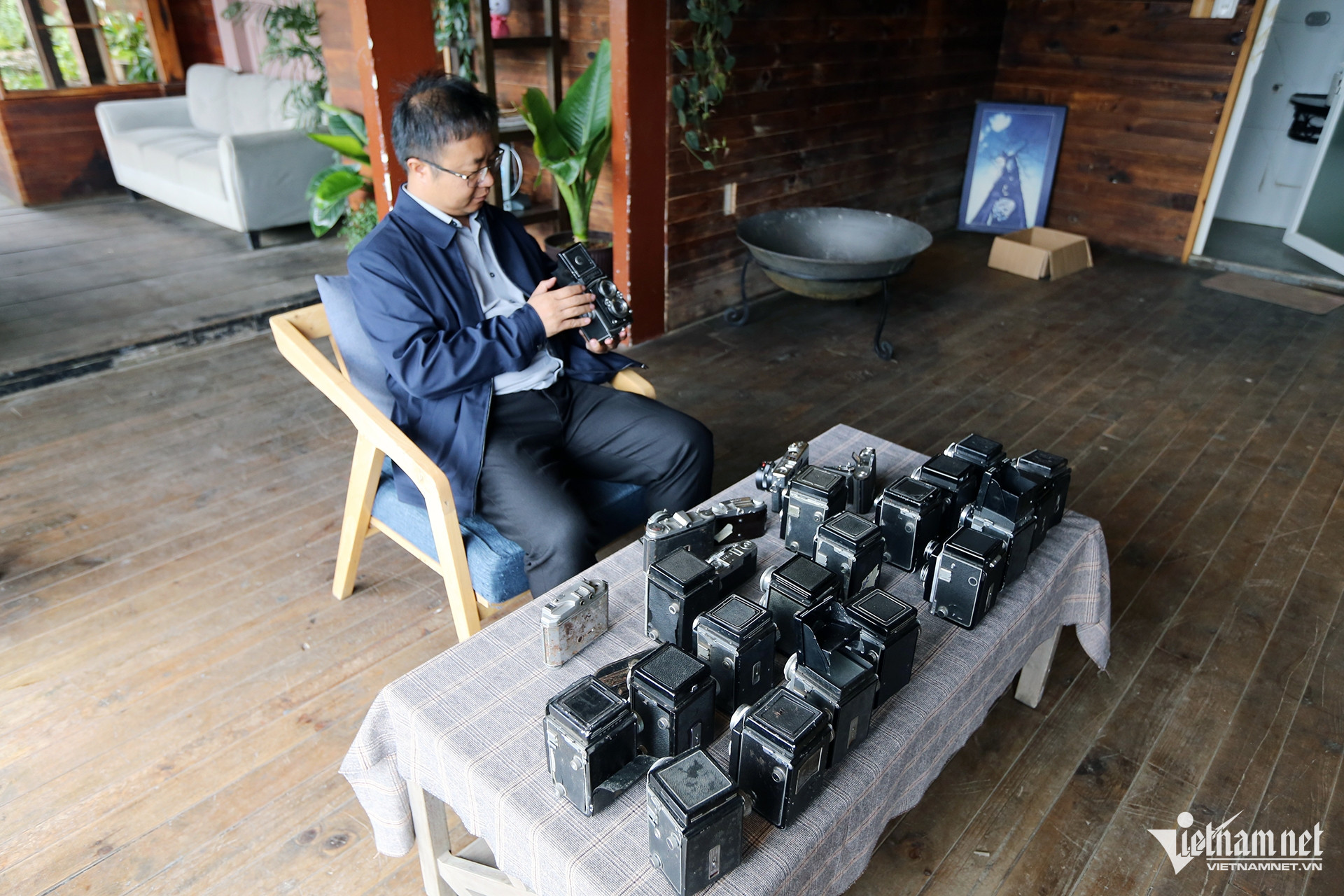




Comment (0)